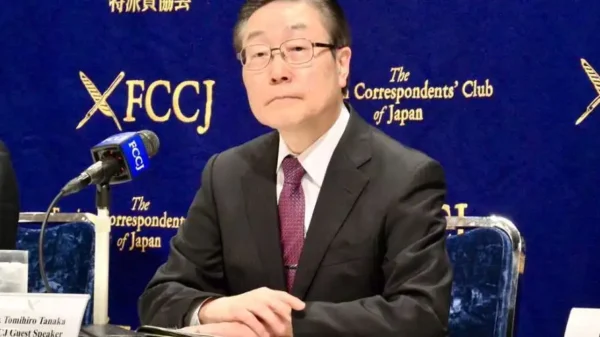The Rise of Fake News
In today’s digital age, the spread of misinformation has become a pressing issue. With the advent of social media platforms and the ease of sharing information, fake news has found fertile ground to thrive. Fake news refers to deliberately fabricated or misleading information presented as factual news.
The Echo Chamber Effect
One of the main reasons why false news spreads so quickly is the echo chamber effect. This phenomenon occurs when individuals are exposed only to information. Social media algorithms often contribute to this by showing users content that reinforces their preconceived notions.
The Dangers of Fake News
Fake news poses significant dangers to society. It can influence public opinion, shape political discourse, and even impact elections. When false information is presented as truth, it erodes trust in traditional media sources and undermines the credibility of legitimate news outlets.
Combatting Fake News
Addressing the challenge of fake news requires a multi-faceted approach. Here are some strategies that can help:
1. Media Literacy Education
Providing individuals with the skills to critically evaluate information is crucial. Media literacy education should be integrated into school curricula to teach students. Also, they should help students understand how to identify reliable sources, fact-check information, and recognize the signs of fake news.
2. Fact-Checking Organizations
Fact-checking organizations play a vital role in debunking false information. These organizations employ journalists and researchers who verify the accuracy of news stories and provide evidence-based analysis.
3. Responsible Social Media Use
Users should be encouraged to be responsible consumers of information on social media. This includes verifying the credibility of sources before sharing content, reporting fake news, and being cautious of echo chambers.
4. Collaboration between Tech Companies and News Outlets
Tech companies and news outlets can work together to develop algorithms that prioritize credible sources and limit the spread of fake news. This collaboration can help promote information integrity and combat the echo chamber effect.
Conclusion
The rise of unreal news and the echo chamber effect pose significant challenges to information credibility in modern society. It is crucial for individuals, media organizations, and tech companies to collaborate and take proactive measures to combat the spread of fake news. By promoting media literacy education, supporting fact-checking organizations, encouraging responsible social media use, and fostering collaboration between tech companies and news outlets, we can strive towards a more informed and credible information ecosystem.


































